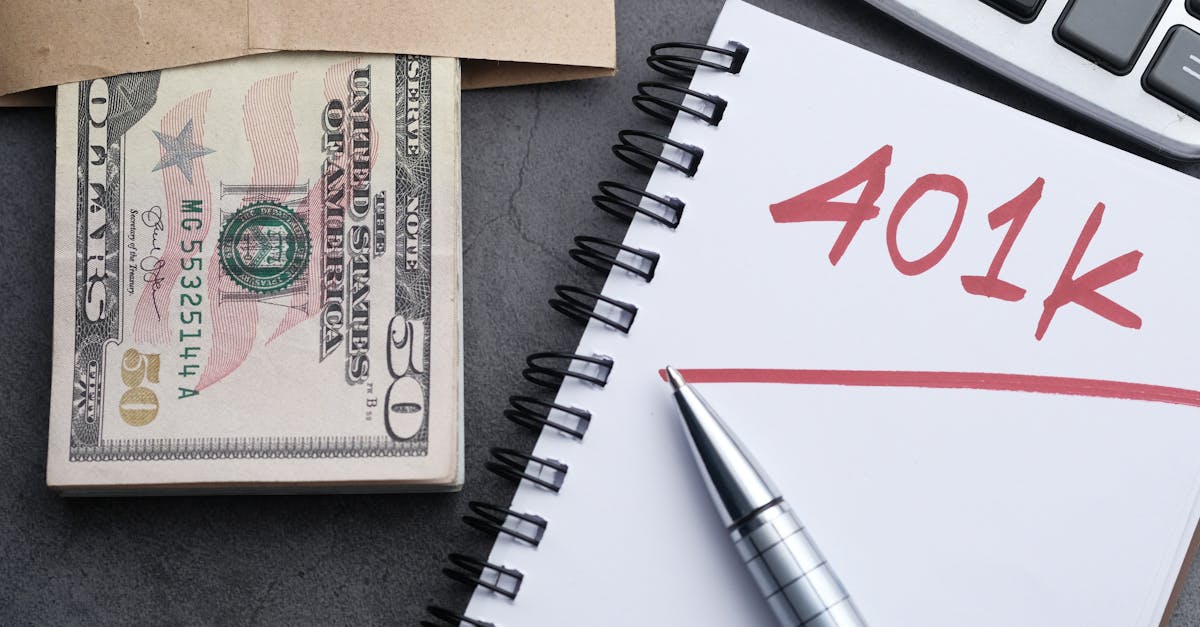Impact of Inflation on Savings
Introduction
Inflation is a term frequently featured in economic discussions, often associated with rising prices. But, how does it affect your savings? Understanding the dynamics of inflation is critical for making informed financial decisions and safeguarding your wealth.
Advertisement
Defining Inflation
Inflation refers to the rate at which the general level of prices for goods and services rises, eroding purchasing power. As prices increase, the value of money declines, meaning that each unit of currency buys fewer goods and services than before. It is typically measured by the Consumer Price Index (CPI).
Advertisement
The Silent Erosion of Purchasing Power
While inflation is a normal economic phenomenon, it can negatively impact savings. For example, if inflation rates outpace interest rates on savings accounts, the real value of money saved diminishes over time. This erosion of purchasing power means savers can afford less with their money in the future.
Advertisement
Impact on Traditional Savings Accounts
Traditional savings accounts often provide a modest interest rate. However, during periods of high inflation, these rates may not keep pace with inflation rates, causing real value losses. Savers might experience a shortfall when the interest gained doesn't compensate for increased living costs.
Advertisement
Effect on Fixed Income Investments
Fixed income securities, such as bonds, are particularly susceptible to inflation. As inflation increases, the fixed returns from bonds might seem inadequate compared to fluctuating market values. Bond investors may need to consider inflation-linked bonds as a hedge against inflation risks.
Advertisement
Inflation and Retirement Savings
Inflation can significantly impact retirement planning. Assuming fixed returns without accounting for inflation may result in insufficient retirement savings. To combat this, individuals should plan for inflation-adjusted returns and consider diversified investment portfolios.
Advertisement
Strategies for Inflation Protection
To protect against inflation, diversifying investments is key. This includes allocating funds into assets that typically appreciate in value, like equities, real estate, or commodities. Additionally, maintaining an emergency fund adjusted for inflationary changes ensures financial stability.
Advertisement
Role of Central Banks
Central banks often aim to control inflation through monetary policy, impacting interest rates and, consequently, savings. By adjusting policy rates, they influence borrowing and saving behaviors, highlighting the critical link between central bank policies and household finances.
Advertisement
Real-World Implications of Inflation
Historically, high inflation periods, such as the 1970s, saw significant dips in real savings value. Understanding past inflationary episodes helps investors and savers develop strategies to navigate future economic environments and safeguard their financial health.
Advertisement
Conclusion
Inflation is an unavoidable economic occurrence that can challenge the value of savings. However, by understanding its implications and implementing strategic financial actions, individuals can preserve their wealth. Being proactive and informed is essential for navigating inflation successfully.
Advertisement

